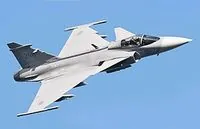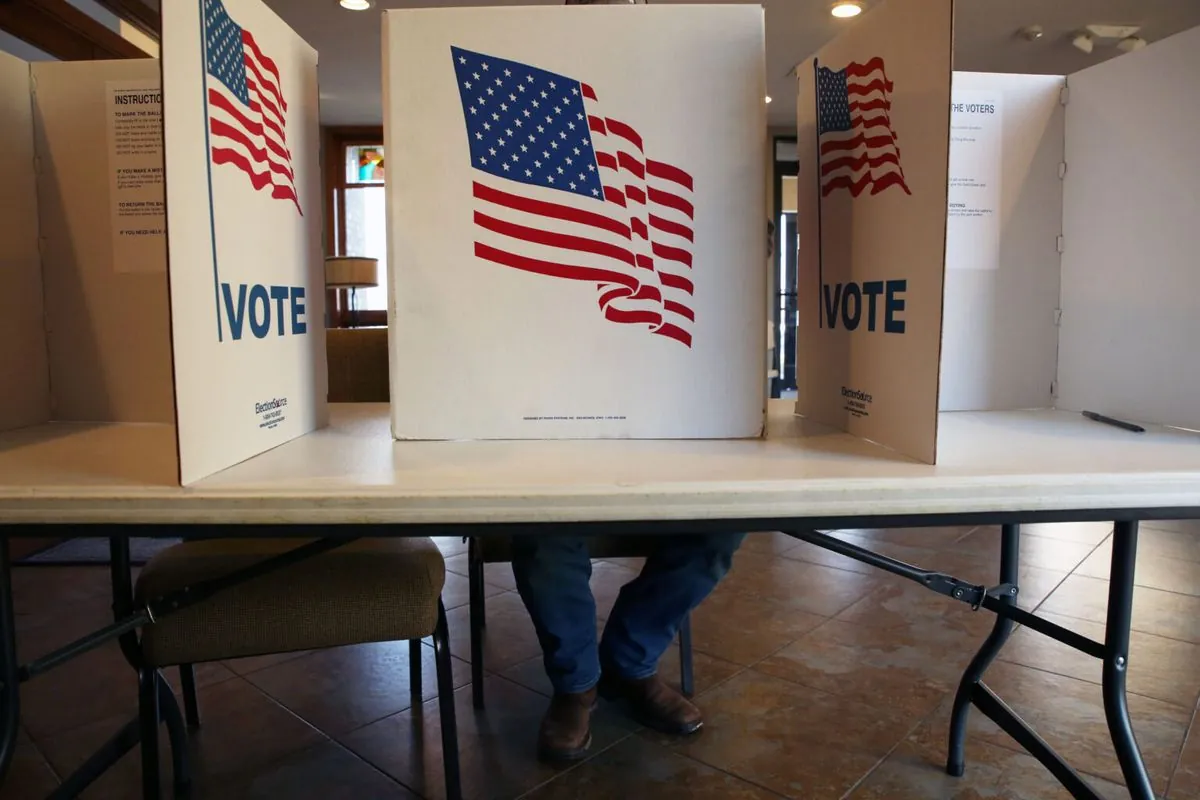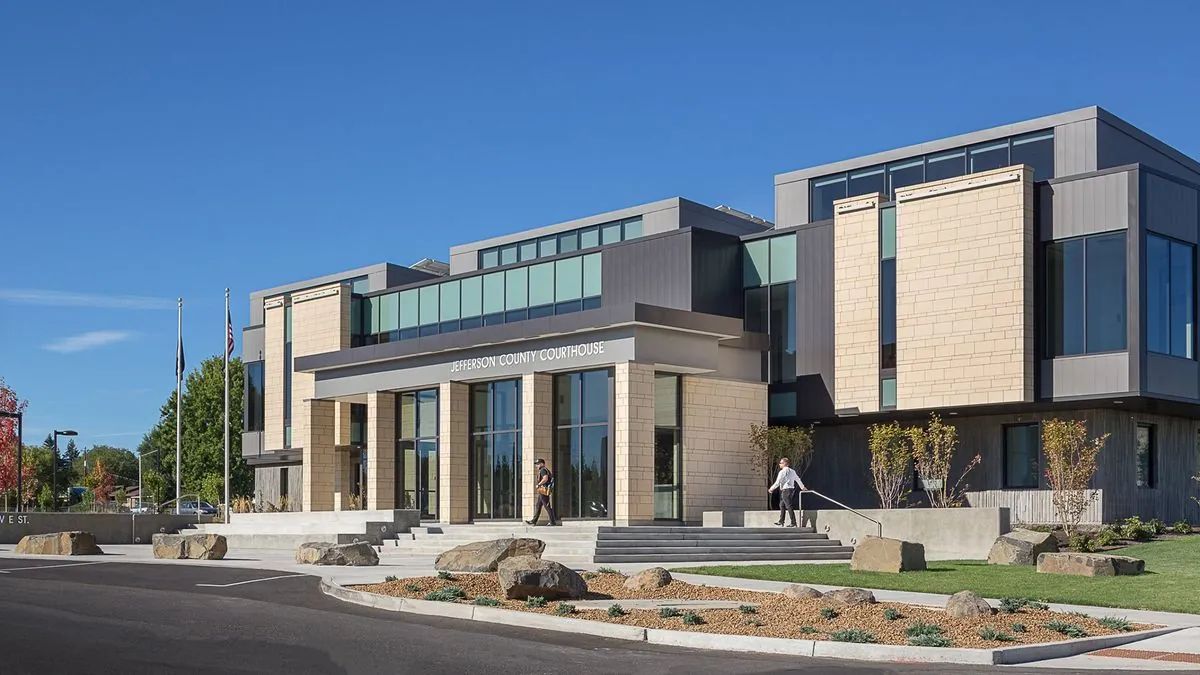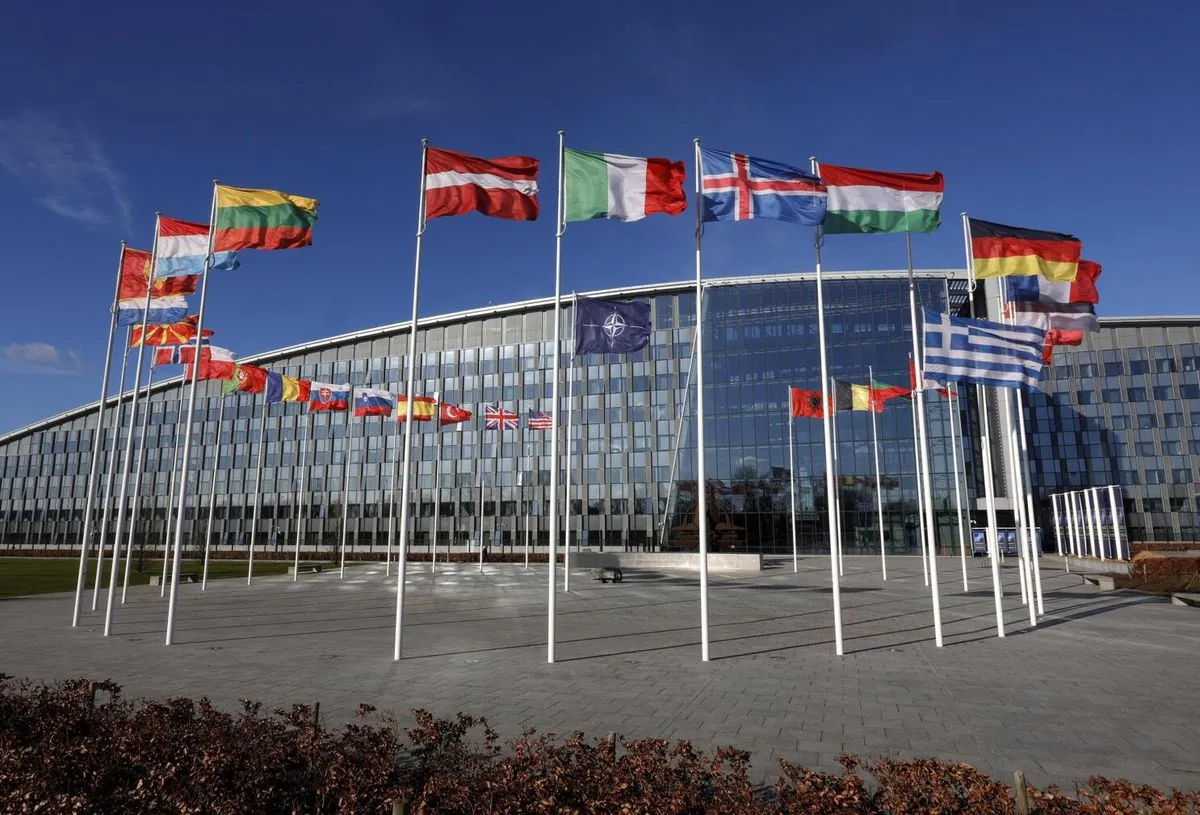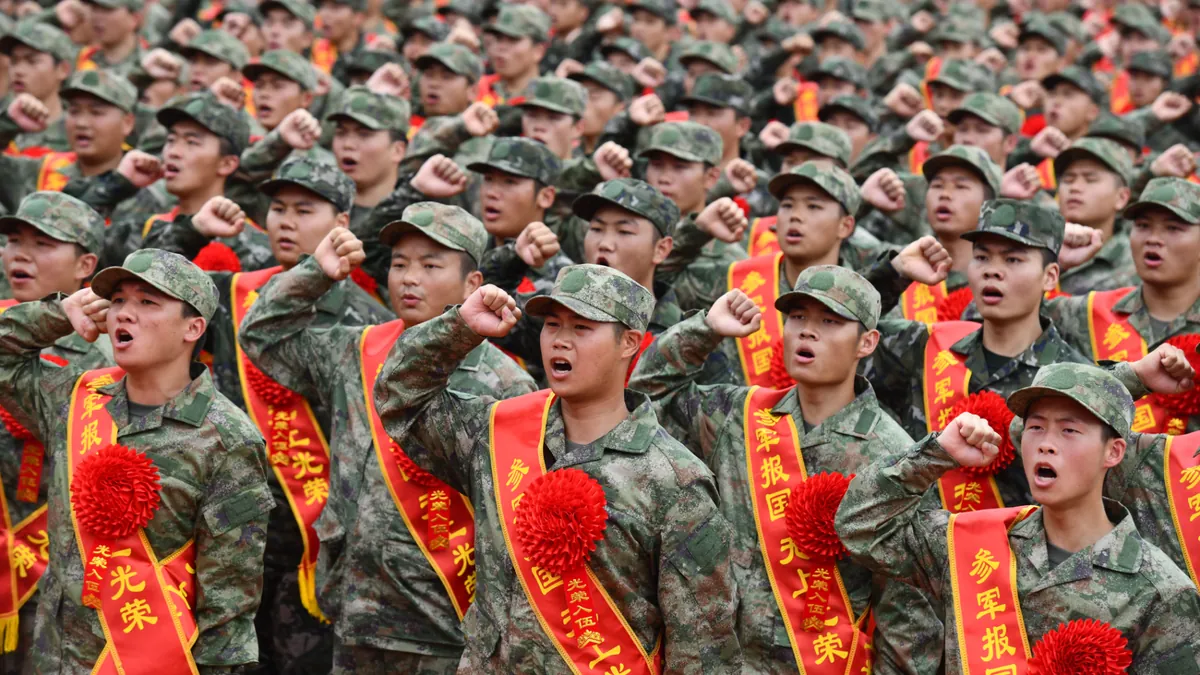Israeli Strikes Hit Beirut Suburbs Amid Rising Tensions
Israeli forces targeted Beirut's southern suburbs, prompting resident evacuations. Fears of a ground invasion escalate as Lebanese troops withdraw from the Israel-Lebanon border.
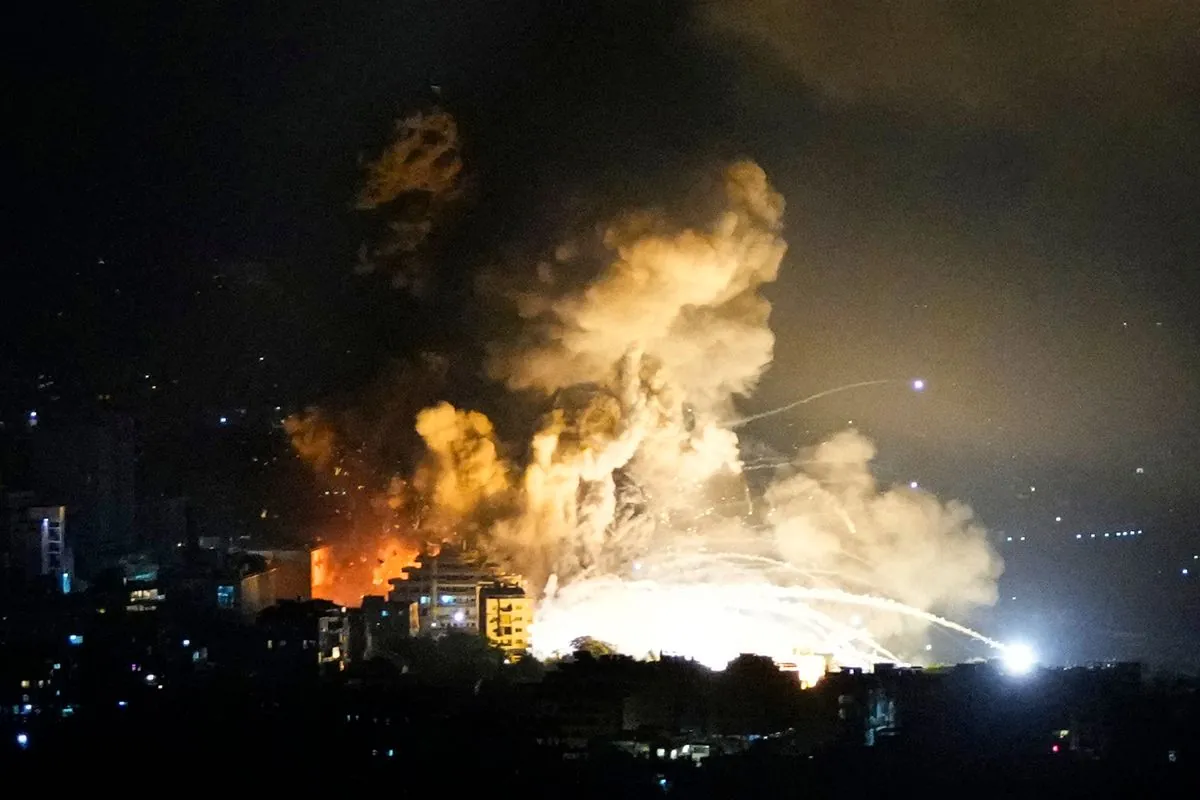
On September 30, 2023, Israel conducted military operations in the southern suburbs of Beirut, Lebanon's capital city. This action has heightened tensions in a region with a long history of conflict.
According to security sources, at least two Israeli strikes occurred in the area. Witnesses reported observing flashes of light and hearing loud explosions. The Israeli military had issued warnings an hour prior, urging residents to evacuate specific buildings allegedly used by Hezbollah, a prominent political and militant group in Lebanon.
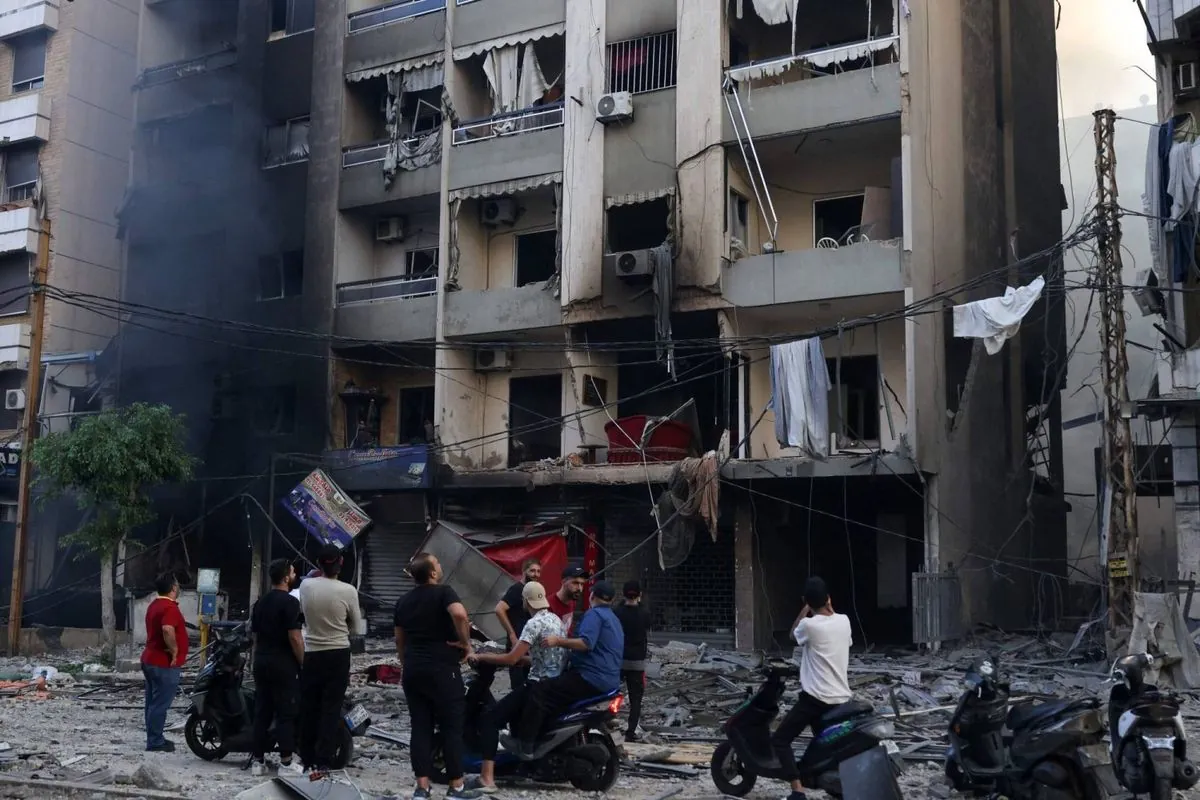
The recent escalation has caused significant displacement. Many inhabitants had already left the area due to increased Israeli military activity in the preceding days. Unfortunately, some found themselves sleeping on city streets as shelters reached capacity. Families reported difficulties in securing transportation to leave the district quickly enough.
"We couldn't find taxis fast enough to get out. The shelters were full, so we had no choice but to sleep on the streets."
This incident occurs against the backdrop of Lebanon's complex political landscape. The country, which gained independence from France in 1943, has experienced numerous conflicts and rebuilding efforts throughout its history. Beirut, once known as the "Paris of the Middle East," has faced significant challenges, including a devastating civil war from 1975 to 1990 and the more recent Port of Beirut explosion in 2020.
The situation has raised concerns about a potential ground invasion. Lebanese troops have reportedly withdrawn from the Israel-Lebanon border, and a U.S. official suggested that Israeli soldiers might enter Lebanese territory. This development is particularly significant given the historical context of Israeli presence in southern Lebanon from 1982 to 2000.
The Israel-Lebanon border, demarcated by the UN-established Blue Line in 2000, has been a flashpoint for decades. The United Nations Interim Force in Lebanon (UNIFIL) continues to operate in the area, attempting to maintain stability.
Hezbollah, which emerged during Lebanon's civil war in the 1980s, plays a crucial role in this conflict. The group has been involved in previous confrontations with Israel, notably the 2006 Lebanon War.
Lebanon's current situation is further complicated by ongoing internal challenges. The country has been grappling with a severe economic crisis since 2019, impacting various sectors, including its once-thriving tourism industry. The nation's unique confessional political system, designed to balance power among its diverse religious and ethnic groups, has also faced strain in recent years.
As tensions escalate, the international community watches closely. The Cedar Revolution of 2005, which led to the withdrawal of Syrian troops from Lebanon, demonstrated the potential for significant political change in the country. However, the current situation poses new challenges to regional stability and the well-being of Lebanese civilians caught in the crossfire.

























